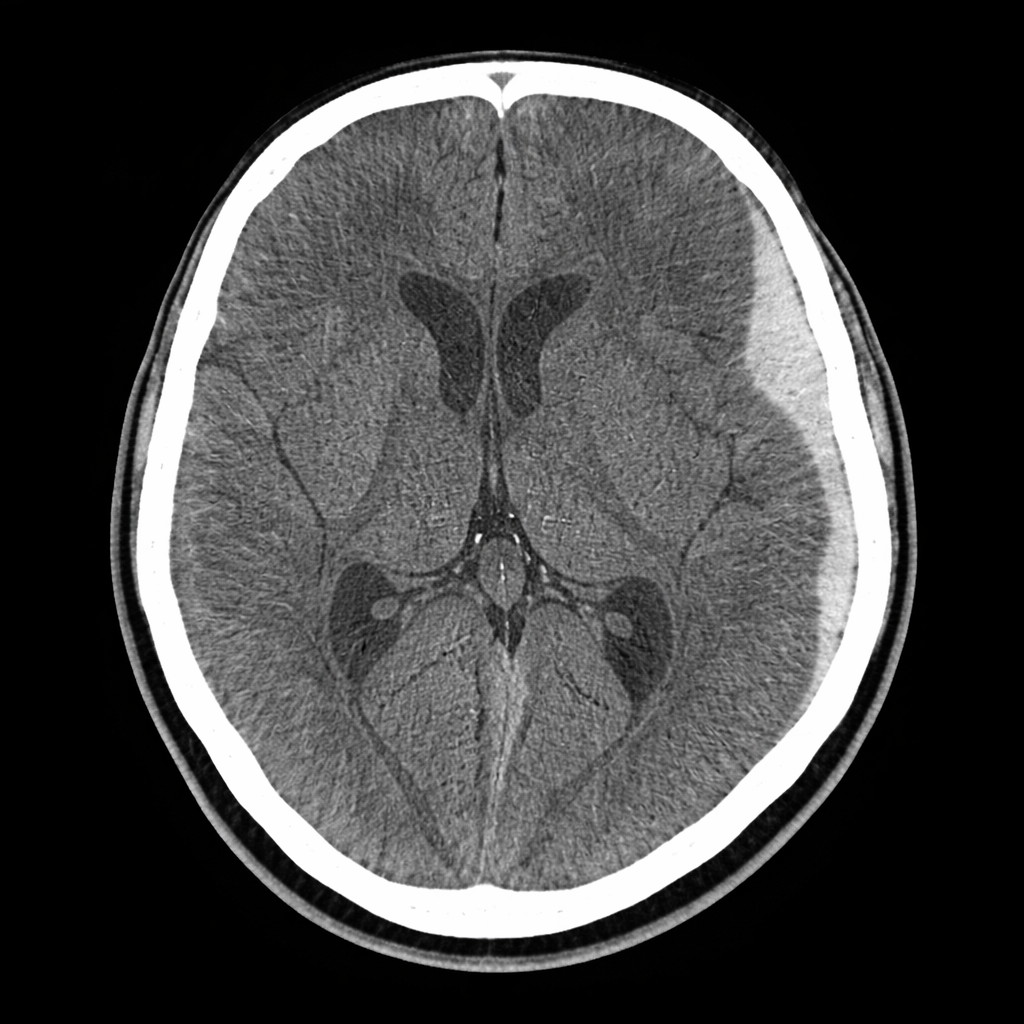When Is a Child in Need of Services (CHINS) in Indiana? Understanding the Key Requirements
A Child in Need of Services (CHINS) adjudication can have significant consequences for families, as it allows the state to intervene in parenting decisions. However, Indiana courts have consistently held that not every child who has faced difficulties qualifies as a CHINS unless state intervention is truly necessary.
In J.M. v. Indiana Department of Child Services, the Indiana Court of Appeals reversed a CHINS adjudication, ruling that coercive court intervention was not needed. This case highlights the key elements required for a CHINS finding and the circumstances under which state involvement is not justified.
What is a CHINS Finding?
Under Indiana Code § 31-34-1-1, for a child to be adjudicated as a CHINS, the state must prove that:
1️⃣ The child’s physical or mental condition is seriously endangered due to the parents’ actions or neglect.
2️⃣ The child needs care, treatment, or rehabilitation that the parents are unlikely to provide without court intervention.
The law requires both elements to be met—meaning a child cannot be labeled as a CHINS solely based on past concerns or allegations if the parents are actively addressing issues on their own.
Case Summary: In the Matter of E.Y.,
In In the Matter of E.Y., 126 N.E.3d 872 (Ind. Ct. App. 2019), the Indiana Court of Appeals reversed the trial court’s CHINS adjudication, holding that the evidence was insufficient to support a finding that Father was unwilling to provide the care the child needed without the coercive intervention of the court. The court emphasized that a CHINS adjudication must be based on the child’s present condition and the necessity of state intervention, rather than solely on past concerns or allegations.
Key Facts of the Case
Mother and Father were raising four children together in a stable home, wit h both parents employed. Concerns about domestic violence arose when one of the children, Am.M., made statements during a therapy session about conflicts between the parents. The Indiana Department of Child Services (DCS) conducted an investigation but found no direct evidence of ongoing abuse. Despite this, DCS filed a CHINS petition for one of the children, E.Y., even while acknowledging that the family was cooperative and actively making progress. The trial court adjudicated E.Y. as a CHINS, reasoning that court intervention was necessary to ensure stability. Father appealed the decision, arguing that coercive intervention was unwarranted since the family was already addressing concerns through voluntary corrective steps.
Indiana Court of Appeals Ruling: Reversing the CHINS Finding
1. Legal Standard for CHINS Adjudication
Under Indiana law, for a child to be adjudicated as a Child in Need of Services (CHINS), there must be evidence showing that:
The child’s physical or mental condition is seriously endangered due to parental action or neglect.
The child requires services that are unlikely to be provided without court intervention.
➡ Application to This Case:
The court found no immediate or ongoing risk to E.Y. at the time of the hearing.
Mother and Father were already addressing concerns voluntarily before state involvement.
DCS failed to establish that state intervention was necessary, as the family had already taken corrective steps.
2. CHINS Determination Must Be Based on Current Conditions, Not Past Concerns
A CHINS adjudication must consider the family's present situation, rather than past conditions that have improved. The purpose of state intervention is to ensure that necessary care is provided—not to punish past parental mistakes.
➡ Application to This Case:
DCS’s case relied on allegations made by one of the children during therapy, but no independent evidence confirmed ongoing domestic violence.
The family was already engaged in services voluntarily, and no evidence suggested that the parents would stop participating without court involvement.
By the time of the factfinding hearing, both parents had cooperated fully, yet DCS continued to push for a CHINS determination despite the lack of ongoing harm.
3. No Clear Evidence of Immediate Harm
A CHINS adjudication requires concrete evidence of actual endangerment, rather than speculation or assumptions based on allegations. Concerns about possible harm must be supported by specific findings of ongoing risk to the child.
➡ Application to This Case:
DCS did not independently verify the domestic violence allegations before filing the CHINS petition.
No police reports, medical records, or eyewitness testimony confirmed that abuse had occurred in the home.
Mother testified that Father was never abusive, and Father had no history of domestic violence arrests or convictions.
The family case manager admitted that DCS did not investigate whether domestic violence had actually occurred, relying instead on secondhand reports.
Given the lack of verified evidence, the court concluded that there was no clear and immediate threat to the child’s well-being.
4. Family Was Already Addressing Concerns Before DCS Involvement
A CHINS determination is meant to ensure that a child receives necessary care—not to intervene where parents are already taking appropriate steps. If a family is actively working toward resolving issues, court intervention may not be warranted.
➡ Application to This Case:
Mother and Father had sought therapy for the children before DCS became involved.
Both parents complied with service recommendations and demonstrated a commitment to their children’s well-being.
By the time of the dispositional hearing, Father had already completed part of the batterer’s intervention program and was willing to finish the rest.
All children were receiving therapy, and there was no evidence to suggest that Mother would stop these services if DCS withdrew.
Since the family had already recognized and addressed concerns before DCS filed the CHINS petition, the court found that coercive intervention was unnecessary.
Final Holding & Key Takeaways
✅ The Indiana Court of Appeals reversed the CHINS adjudication, ruling that the evidence did not support a finding that coercive court intervention was necessary.
📌 Key Legal Takeaways from This Case:
CHINS determinations must be based on present risk, not just past allegations.
State intervention is only justified when parents are unwilling or unable to provide necessary care—not simply because of concerns about past issues.
A family’s proactive steps toward resolution may negate the need for coercive court intervention.
DCS must present clear evidence of immediate harm, rather than relying on unverified reports.
📌 Why This Case Matters:
Protects parental rights from unnecessary state intervention.
Emphasizes that CHINS adjudications require strong, current evidence—not just speculation or past concerns.
Ensures that families who are actively working toward solutions are not penalized by unnecessary court involvement.
This case reinforces the principle that CHINS adjudications must be based on present conditions, not on speculative concerns about a family’s past difficulties.
Conclusion: Why This Case Matters for Indiana Families
The J.M. case reinforces the principle that CHINS adjudications must be based on clear evidence of current danger and a genuine need for court intervention.
For parents – This case serves as a reminder that past concerns alone do not justify CHINS intervention if they have been resolved.
For attorneys – This ruling provides a strong precedent for defending against unnecessary CHINS petitions.
For the legal system – This case highlights the importance of protecting parental rights while ensuring children’s safety.
💡 Facing a CHINS case? If you or someone you know is dealing with a DCS investigation or CHINS petition, it’s crucial to seek experienced legal representation. Contact Vining Legal today at (317) 759-3225 or schedule a free consultation.











